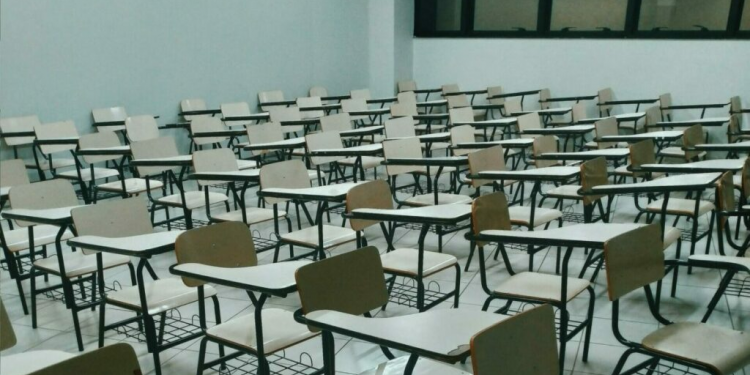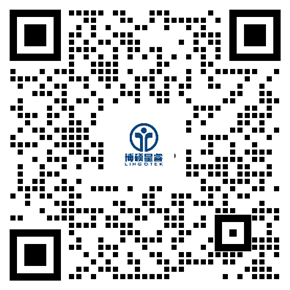警示!自动化翻译打印机可能影响语言学习和交流
2024年08月06日 10:00 山西
多个翻译协会就公立学校使用自动翻译打印机的问题进行探讨 Translation Associations Address use of Automated Translation Printers in Public Schools
(图片来源: https://www.atanet.org/advocacy-outreach/translation-associations-address-use-of-automated-translation-printers-in-public-schools/ The American Translators Association (ATA), together with the American Association of Translators and Interpreters in Education (AAITE) and the National Association of Educational Translators and Interpreters of Spoken Languages (NAETISL), warns that the use of automated translation printers in schools could undermine effective communication between parents, teachers, and students, jeopardize meaningful language access, and ultimately impact student success. 美国翻译协会(ATA)、美国笔译和口译教育协会(AAITE)以及国家口语翻译和口译教育协会(NAETISL)联合警告,使用自动化翻译打印机在学校中可能会对家长、教师和学生之间的有效沟通造成负面影响,从而影响语言的深入学习和交流。这种方法可能会削弱学生对语言的真正理解和掌握,限制了他们与他人进行有意义交流的机会。 Translation machines (which are hardware-based and use technology including machine translation, which is software-based),like the recently publicized “translation station,” may appear to serve multiple purposes, from translating classroom content into the native languages of newly arrived non-English speaking students to providing translated materials for families with limited or no English proficiency. However, while technology may offer rapid solutions, they are not necessarily effective ones. The potential unintended consequences associated with these tools must be carefully considered: 翻译机器(是基于硬件的,并且使用包括基于软件的机器翻译在内的技术)就像最近宣传的“翻译站”一样,看似可以服务于多种目的,从将课堂内容翻译成新到非英语国家学生的母语,到为英语能力有限或没有英语能力的家庭提供翻译材料。然而,尽管技术可能提供快捷的解决方案,但它们并不一定是有效的。我们必须仔细考虑这些工具可能带来的潜在意外后果: · Loss of linguistic nuance: Automated systems may not capture cultural references, idiomatic expressions, subtle shifts in emphasis, and other linguistic nuances. This can result in inaccurate translations and misunderstandings between students, families, and educators.
· 语言细微差别的丧失:自动化系统可能无法捕捉到文化参照、习语表达、微妙的侧重点变化以及其他语言细微差别。这可能导致翻译不准确,以及学生、家庭和教育工作者之间的误解。
· Limited ability to adapt language style: Unlike human translators, who adapt their communication style to suit the circumstances, automated systems offer limited customization options, potentially alienating students or families who require tailored language support.
· 适应语言风格能力受限:与能够根据情境来调整沟通风格的人工翻译不同,自动化系统提供的定制选项有限,可能会疏远需要量身定制语言支持的学生或家庭。
· Inability to identify errors: If the original text contains errors, such as typos, incorrect grammar, inadvertent homonyms (two words with the same spelling or pronunciation but different meanings), or inaccurate statements, a human translator can make an informed decision regarding the appropriate action. This may include consulting with the original author of the text, when possible. A translation machine lacks that ability and will process the text “as is,” with results that may be incomprehensible.
· 无法识别错误:如果原文包含错误,例如错别字、错误的语法、无意的同音异义词(两个拼写或发音相同但含义不同的单词)或不准确的陈述,人工翻译员以通过适当的操作做出明智的决定。这可能包括在可能的情况下咨询文本的原作者。翻译机器缺乏这种能力,会“按原样”处理文本,结果可能难以理解。
· Inability to edit finished translations: After the automated translation process is completed, there is no opportunity to correct errors in the translation before the translated text is printed or delivered to families/school staff.
· 无法编辑完成的翻译:自动化翻译过程完成后,在翻译文本打印或交付给家庭/学校工作人员之前,没有机会纠正翻译中的错误。
· Privacy and security concerns: Automated translation machines may raise concerns regarding data privacy and security, especially in educational settings where information governed by HIPAA and FERPA is exchanged on a regular basis.
· 隐私和安全问题:自动翻译机器可能引发数据隐私和安全方面的担忧,特别是在教育环境中, HIPAA(健康保险便携性和责任法案) 和 FERPA (家庭教育权利和隐私法案)所管辖的信息经常进行交换。
· Discrimination and unequal treatment: Students and families with limited English proficiency may ultimately receive incorrect communications, be less informed about the American education system and how they fit into it, and any measures that are put in place to ensure greater student success. This means that families may be receiving unequal treatment based on national origin, which is protected under Title VI of the Civil Rights Act of 1964.
· 歧视和不平等待遇:英语水平有限的学生和家庭可能最终会收到不准确的沟通信息,对美国教育体系及其个人在该体系中的位置缺乏足够的了解,以及为了确保学生更成功而采取的措施。这意味着他们可能受到基于国籍的不平等待遇,这种情况在1964年民权法案的第六章中是受到保护的。 The efforts being made to overcome language barriers in education are commendable. ATA, AAITE, and NAETISL advocate, however, for a balanced approach to language access and services in schools, one that integrates technology as a tool rather than an oversold solution. By sending out foreign-language materials that have not been vetted by a professional linguist, schools may also risk being held liable for messages they did not mean to send. 为克服教育中的语言障碍而做出的努力值得称赞。然而,美国翻译协会(ATA)、美国笔译和口译教育协会(AAITE)以及国家口语翻译和口译教育协会(NAETISL)主张在学校采取一种平衡的方法来提供语言接触和服务,将技术作为一种工具,而不是过度推销的解决方案。如果学校发出未经专业语言学家审核的外语材料,还可能面临因发送本无意传达的信息而承担法律责任的风险。 The deep understanding of cultural and linguistic nuance offered by human translators, their ability to adapt language to the specific need and setting, to recognize errors in the original and correct errors in the translation, and to ethically handle the confidential information to which they are privy, makes them the best solution and the most effective partners when facing language barriers. 人工译者对文化和语言细微差别有着深刻的理解,他们有能力使语言适应特定的需求和环境,能够识别原文中的错误并纠正翻译中的错误,并在处理机密信息的时候遵守职业道德,这使他们成为面对语言障碍时的最佳解决方案和最有效的合作伙伴。 特别说明:本文内容选自ATA 官网,仅供学习交流使用,如有侵权请后台联系小编删除。 – END –




暂无留言